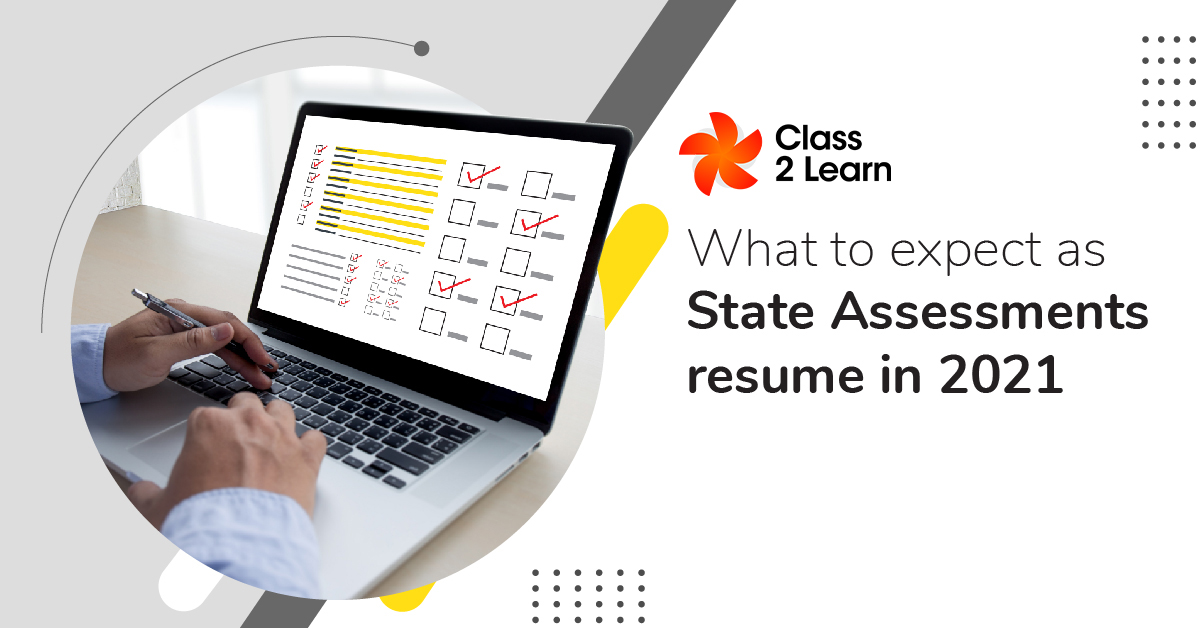The U.S. Department of Education announced in late February that it would not give blanket waivers to avoid state assessments, meaning tests would be given in 2022. The state assessments were suspended in 2020 due to the COVID-19 pandemic causing school closures, and it has been unclear whether they would resume in 2022 as students have been learning remotely or had their school experience disrupted in other ways. Now, teachers and students will face challenges as they try to press on with high-stakes testing.
Statewide tests in math and reading are required annually in grades 3-8 and once in high school due to the Every Student Succeeds Act. They are needed to gather important information about student and school performance and provide accountability to federal standards.
States such as New Jersey have called for no tests to be administered this year. NJ governor Phil Murphy said before the Department of Education announced that he would seek a waiver from the testing. Advocates for delaying the testing, including teachers’ unions, argue that the tests will be difficult to carry out while under limitations such as remote learning. They will put a great deal of stress on students and teachers while also taking time away from classroom learning.
Another argument against the tests is that they won’t provide useful information about student performance. It’s expected that there will be poorer performance due to the disruptions in learning over the past year, so the data from the 2021 testing will only confirm this, and won’t provide meaningful information for the accountability of those schools.
However, the Department of Education believes the tests will be valuable, saying “we need to understand the impact COVID-19 has had on learning and identify what resources and supports students need.” The test data could show how different schools are handling the pandemic and let parents know the degree to which their children are facing issues.
What Does This Mean For Students and Teachers?
Assistant Education Secretary Ian Rosenblum told school officials that “blanket waivers of assessments” would not be considered, but it’s still uncertain what individual states will do. States will still be able to apply to waive the accountability requirements so the unanticipated effects of the pandemic don’t alter their long-term plans for demonstrating their schools’ performance. This removes some pressure on schools to improve performance.
States will now look for the option that lets them give assessments without altering their previous plans for the 2020/2021 school year. The announcement encourages schools to give their English-language proficiency assessment later in the year since the normal dates for it are already approaching. The test may be given later in the year or even past the 2020-2021 school year into the summer or fall.
The Department of Education said it doesn’t favor options that would require students to come into schools to take tests if students aren’t already attending in-person. It is open to remote assessments, which are being worked on by test companies and will potentially be ready to use. Still, setting up and proctoring remote standardized tests can be a challenge for teachers, administrators, and test-taking students.
There may be issues with test security, online accessibility, and other technical conflicts. Testing in the summer or fall also leads to testing being less connected to the standards taught in class. Another approach is shortening tests to get as much data as possible while limiting the amount of time spent on them that distracts from already limited teaching time this year.
The scenario in 2022
Students and parents can expect most schools to administer the tests and should expect the testing at some point this year, though experiences will vary from state to state and some exemptions are possible.
This news is a result that many educators hoped to avoid, as they were already frustrated by the focus on high-stakes testing. Still, the lack of emphasis on accountability and performance reviews in schools means that the test data will serve to help parents and educators see how the pandemic has impacted students in different ways over the difficult past years.





Add comment